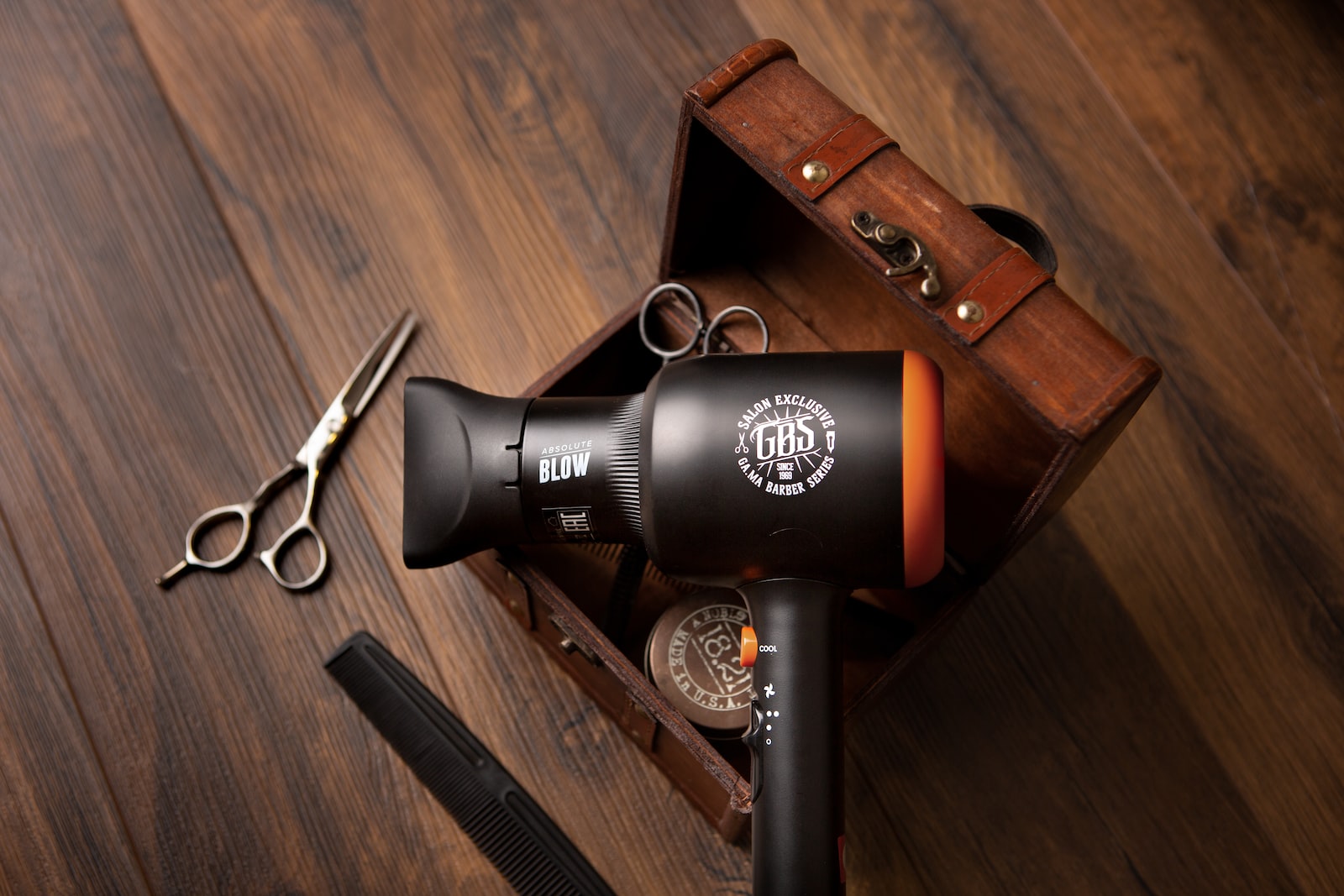Frugal living is a lifestyle that focuses on saving money and making the most of what you have. It involves being mindful of your spending, avoiding unnecessary expenses, and making smart financial decisions. Frugal living has many benefits, such as helping you achieve your financial goals, reducing financial stress, and increasing your overall sense of satisfaction.
By living frugally, you can save money on expenses, such as food, entertainment, and transportation, which can be put towards important financial goals, such as paying off debt or building savings.
Reducing Unnecessary Expenses
Stop buying unnecessary brands
Are you tired of spending a fortune on branded products? Well, it’s time to stop buying unnecessary brands and start exploring cost-effective alternatives. By doing so, you can save a ton of money without compromising on quality. How do you identify the most cost-effective alternatives? Look no further than product reviews! These are a great resource for finding quality products at affordable prices.
With the power of the internet at your fingertips, you can easily research and compare different products to find the best deals.
Cleaning supplies
Let’s face it, cleaning supplies can be expensive. But did you know that you can make your own cleaning solutions that are not only cost-effective but also eco-friendly? That’s right, with a few simple ingredients like vinegar and baking soda, you can make your own DIY cleaning solutions that are just as effective as store-bought products. Plus, you’ll be doing your part to reduce your carbon footprint! Another way to save money on cleaning supplies is by making the most of what you already have.
By properly storing and maintaining your cleaning supplies, you can extend their shelf life and avoid unnecessary waste. So, why not give it a try? Your wallet and the environment will thank you.
Cable
Are you tired of paying a high price for cable TV? Good news – there are plenty of alternatives for entertainment that won’t break the bank. One of the most popular options is streaming services, such as Netflix or Hulu. With a low monthly fee, you can access a wide range of TV shows and movies.
But with so many streaming services out there, how do you choose the right one for you? Consider your favorite shows and movies, as well as your budget and streaming needs, to find the best fit for you. Don’t forget to take advantage of free trial periods to test out different services before committing.
Bulk buying
Buying in bulk can be a great way to save money, but it’s important to identify the right products to buy. Non-perishable items, such as paper products or canned goods, are good options for bulk buying. However, it’s important to keep in mind that not all products are created equal – some bulk items may not be a good deal, especially if they spoil or go to waste. To prevent spoilage or waste, make sure to store your bulk-bought products properly.
This may involve investing in air-tight containers or finding the right storage location. By following these tips, you can enjoy the benefits of bulk buying without breaking the bank or creating unnecessary waste.
Reducing Lifestyle Expenses
Eating out less
Are you tired of spending too much money eating out? It’s time to start meal planning! By planning out your meals in advance, you can avoid the temptation to eat out and save money in the process. To make meal planning easier, consider using a meal planning app or website. These resources can provide you with recipe ideas and shopping lists, making the process more manageable.
Additionally, cooking at home can be more enjoyable than you think! Try new recipes, experiment with different flavors, and involve your family or friends in the process to make it a fun and social activity.
Prioritizing Needs over Wants
Prioritizing needs over wants is a crucial step in achieving financial goals. But how do you identify the most important needs versus wants in your lifestyle? Start by taking a look at your budget and identifying areas where you can cut back. For example, do you really need that daily latte or the latest gadget? Prioritizing your spending can be challenging, but it’s important to keep your long-term financial goals in mind. Once you have identified your priorities, create a budget and stick to it.
This may involve cutting back on certain expenses, finding ways to earn extra income, or finding creative solutions to meet your needs. With a bit of discipline and planning, you can achieve your financial goals and live a more fulfilling life.
Shaving
Shaving can be a costly and time-consuming task, but there are plenty of alternative products and tools that can save you money. For example, using a safety razor or electric razor can reduce the amount of money you spend on disposable razors. You can also try using shaving soap or oil instead of shaving cream, which can help reduce the amount of product needed.
Additionally, you can consider investing in a shaving brush to help distribute product more evenly and save on waste. By exploring alternative products and tools, you can achieve a smooth shave without breaking the bank.
Exercise
A gym membership can be a great way to stay fit, but it’s not the only option. There are plenty of alternative ways to exercise and stay active without a gym membership. For example, you can try outdoor activities such as hiking, biking, or running. You can also look into free workout resources, such as online videos or fitness apps.
If you’re looking for a more structured workout routine, consider joining a community sports team or fitness group. And if you do want to stick to a gym routine, there are cost-effective alternatives, such as pay-per-use gyms or gym memberships through your workplace. By exploring different options, you can find a fitness routine that works for you and fits your budget.
Avoiding Impulse Buying
Impulse buying can be a challenging habit to break, but it’s possible with the right mindset and techniques. Start by identifying the root causes of your impulsive buying behavior. Are you triggered by sales or advertisements? Are you using shopping as a form of stress relief or entertainment? Once you have identified the cause, you can start implementing mindfulness and budgeting techniques to overcome the urge to overspend.
This may involve setting a budget before going shopping, avoiding stores or websites that trigger your impulsive behavior, or finding alternative stress-relief methods. By being mindful of your behavior and using budgeting techniques, you can take control of your spending habits and save money in the process.
Making Coffee at Home
Making coffee at home can be a great way to save money and enjoy a delicious cup of coffee. To make the experience more enjoyable, try experimenting with different brewing methods, such as a French press or pour-over. You can also explore different coffee beans and roasts to find the perfect flavor for you. When choosing cost-effective coffee-making equipment, consider the long-term benefits of investing in a higher-quality machine or grinder.
Additionally, purchasing your coffee beans in bulk can save you money in the long run. By investing in the right equipment and experimenting with different flavors, you can make coffee at home a fun and enjoyable experience.
Frugal living is a lifestyle that can benefit your life and finances in many ways. By implementing the tips discussed throughout this article, you can save money and achieve your financial goals. Remember to focus on identifying needs versus wants, explore alternative options, and be mindful of your spending. It’s important to maintain a balanced lifestyle while living frugally, so don’t forget to invest in your health and well-being. By adopting a frugal living mindset and implementing these tips, you can enjoy a fulfilling and financially stable life.
Frequently Asked Questions (FAQs)
How can I become very frugal?
Start by identifying your expenses and tracking your spending. Look for areas where you can cut back and find cost-effective alternatives. Focus on needs versus wants and prioritize your spending accordingly. Set a budget for yourself and stick to it.
Avoid impulse buying and make a habit of researching purchases before making them. Practice mindfulness and self-discipline to avoid unnecessary expenses and make the most of what you have.
How can I save money when I am already frugal?
Continue to track your expenses and look for areas where you can cut back even more. Consider alternative options for necessities, such as shopping for second-hand items or buying in bulk. Try new ways of making money, such as selling unused items or taking on a side job. Explore DIY options for things like home repairs and beauty products. Remember to regularly re-evaluate your expenses and adjust your budget accordingly.
How do you live simply and frugally?
Focus on the essentials and prioritize your spending accordingly. Avoid unnecessary expenses and find cost-effective alternatives for necessities. Practice mindfulness and self-discipline when it comes to spending. Embrace a minimalist lifestyle and get rid of clutter and unnecessary possessions. Find joy in simple pleasures and prioritize experiences over material possessions.
How to be frugal without looking cheap?
Remember that frugality is about making smart financial decisions, not being cheap. Focus on quality over quantity and invest in long-lasting, high-quality items. Avoid impulse buying and take the time to research purchases before making them. Be confident in your financial decisions and don’t feel the need to justify them to others. Emphasize the environmental and ethical benefits of frugal living, rather than the cost savings.
How can you tell if someone is frugal?
Frugal people are often mindful of their spending and avoid unnecessary expenses. They may prioritize experiences over material possessions and find joy in simple pleasures. Frugal people often look for cost-effective alternatives and are willing to put in extra effort to save money. They may be intentional with their purchases and research before making a decision. Frugal people are often focused on achieving their financial goals and prioritizing their long-term financial stability over short-term gratification.












Leave a Reply